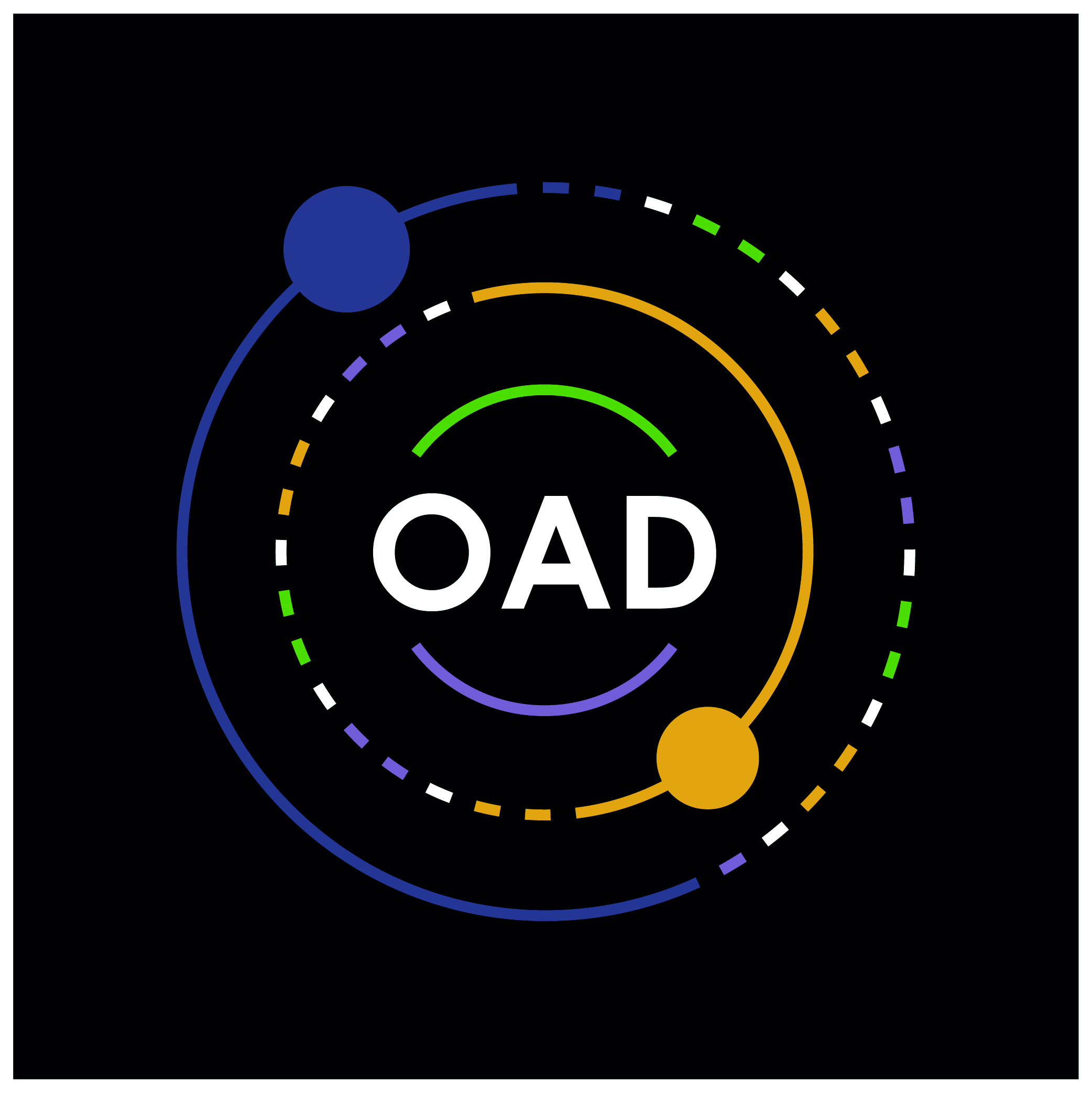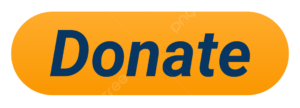In June, we explored how astronomy techniques, refined in the study of starlight and the structure of the cosmos, can be adapted to drive innovation across a wide range of fields. This August, we continue the conversation with a deep dive into the intersections between astrophysics, data science, and global health.
Guiding this session is Dr. Ahmed Elagali, an astrophysicist-turned-epidemiologist whose journey spans from observing colliding galaxies to analysing the health impacts of plastic exposure. With experience using radio telescopes and cosmological simulations to study galaxy evolution, he now applies similar data-driven frameworks to understand disease dynamics, environmental health, and childhood development outcomes.
The mashup will explore how methods once used to track HI gas in galaxies and model cosmic interactions are now informing efforts to map malaria risk, predict childhood illness, guide the placement of health facilities, and assess the neurological impacts of plastic chemicals on vulnerable populations. From ring galaxies to real-world resilience, it’s a compelling story of how astronomy’s analytical power can be redirected toward some of humanity’s most urgent challenges.
We’ll also reflect on the broader value of physics/astronomy training, not just in research, but in shaping interdisciplinary, inclusive problem-solvers. Dr. Elagali’s own journey began in Cape Town, where he joined the National Astrophysics and Space Science Programme (NASSP) program at UCT in January 2013, completed his Honours year, and continued with a Master’s degree from 2014 to mid-2015. His story speaks to the transformative potential of physics education, not only in expanding our understanding of the universe, but in cultivating the skills and mindsets needed to improve life here on Earth.
This edition also ties into the OAD’s third thematic area: Astronomy Skills and Knowledge. Through initiatives like the Hackathons for Development flagship project and the numerous capacity building initiatives funded through the annual call for proposals, the OAD cultivates problem-solving, innovation, and digital literacy by delivering short, accessible, and impactful training programmes. These efforts enable communities, especially those historically excluded from scientific discourse, to participate in and benefit from the knowledge economy, demonstrating how astronomy can build bridges to opportunity through skill-building and creativity.
To register for the Full Moon Mashup, click here.
To catch up on our previous Full Moon Mashups, visit here.



